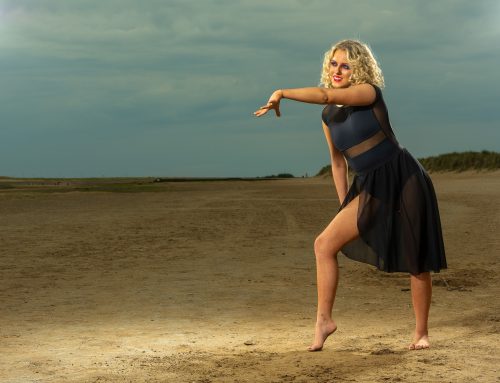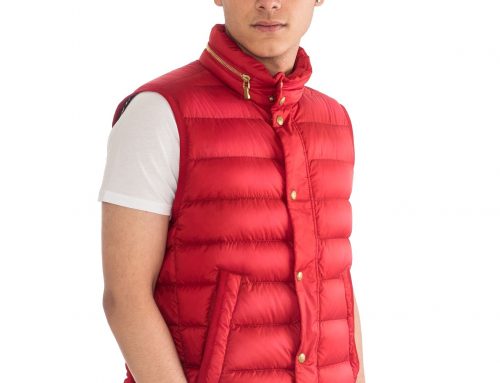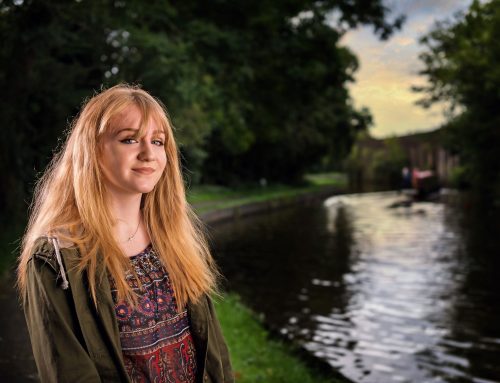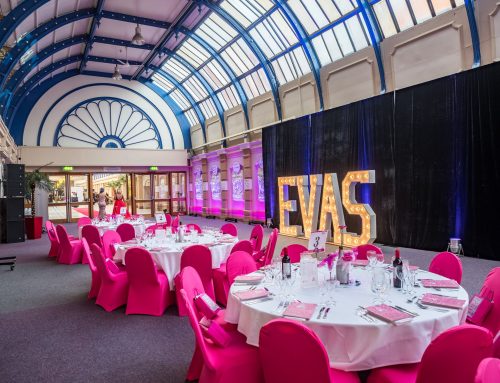What is a portrait?
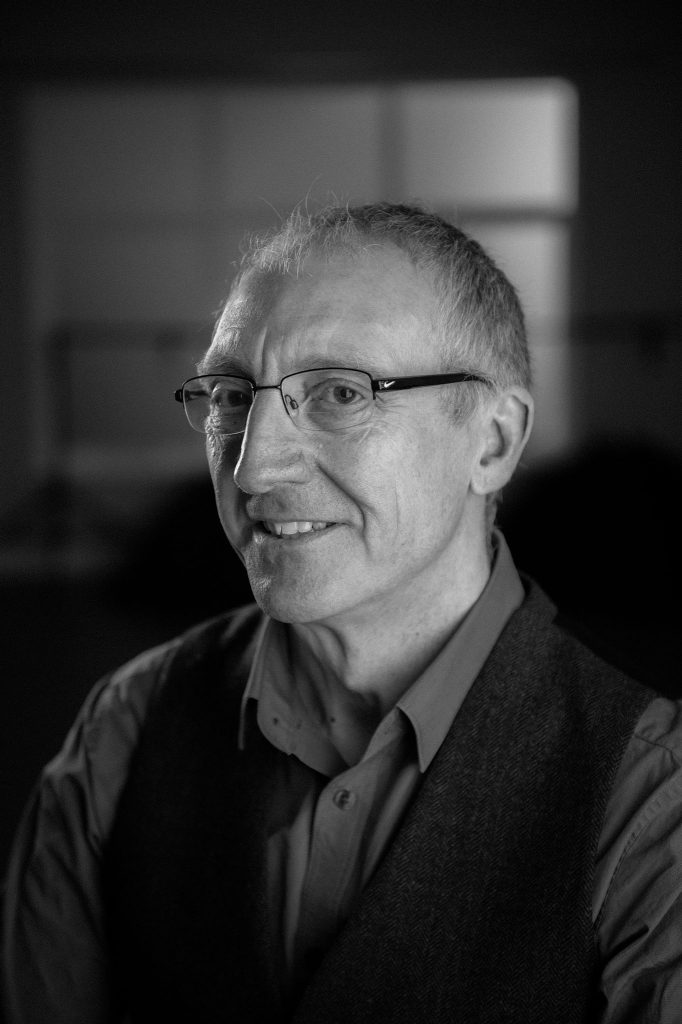
It’s certainly not a headshot, mugshot or snapshot. A portrait isn’t merely the likeness of a person, a quick snap of the Friday night happenings with inane grins and vacant eyes. Nor is it pouting lips and filtered plastic skin. (Yes, I’m looking at you, Snapchat)
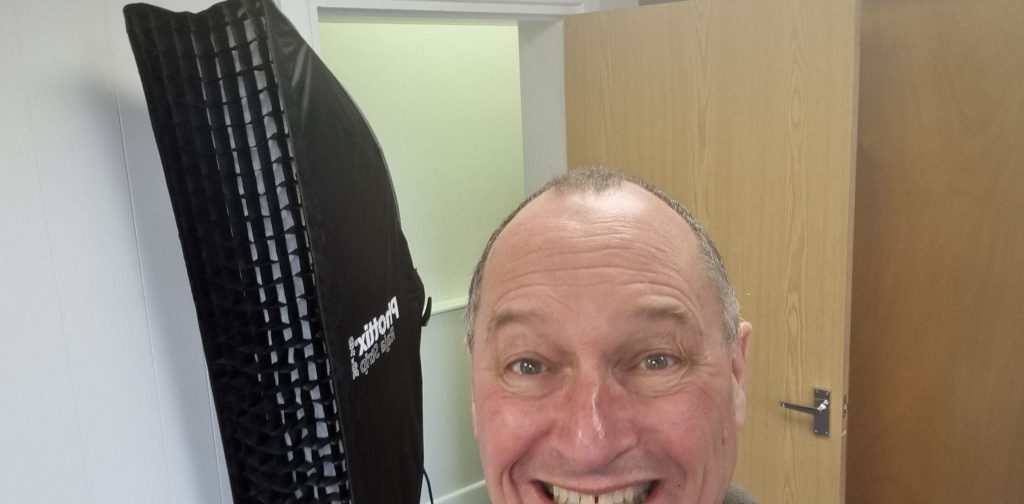
A portrait is much, much more. It shouldn’t just display the physical representation of a person in a two dimensional aspect. We are neither flat, nor two dimensional. The image should really capture not only the physical representation with detailed shape, form and texture, but also something of the character of the person too.
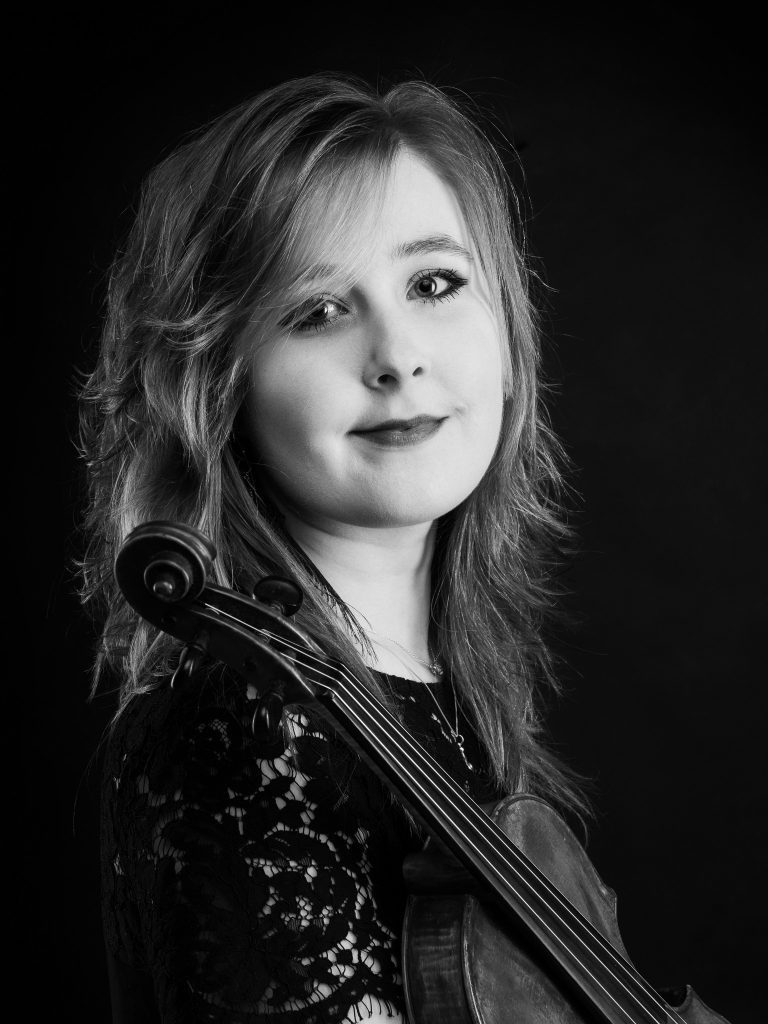
Whilst light will emphasise or soften texture, create shape or hide it, therefore influencing the viewer’s perception of the subject’s physical form. The character and experience of the subject is far more ethereal and elusive to capture. The skill of the photographer in this instance isn’t reliant on how to place a light source, or what modifier to increase or reduce contrast. Nor does it rely on the photographer’s extensive knowledge of their equipment, and how to isolate the subject effectively from the background if required, or blend the artificial light with the ambient.
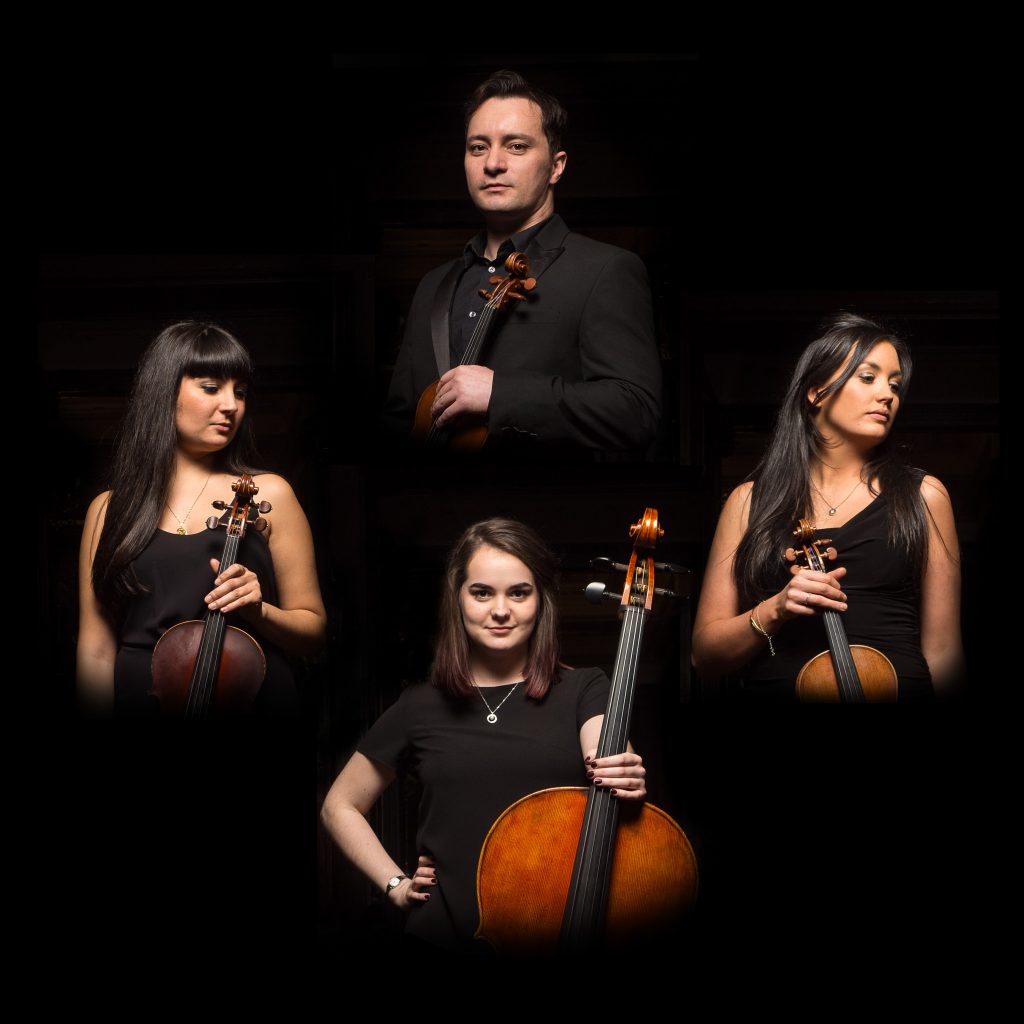
No, this comes down to the photographer’s ability to empathise with their subject, to recognise emotional responses to questions, and understand their impact on the subject. The relevance of the location or environment can also impact on the portrait, as can items we might describe as props, much to the chagrin of our subject.
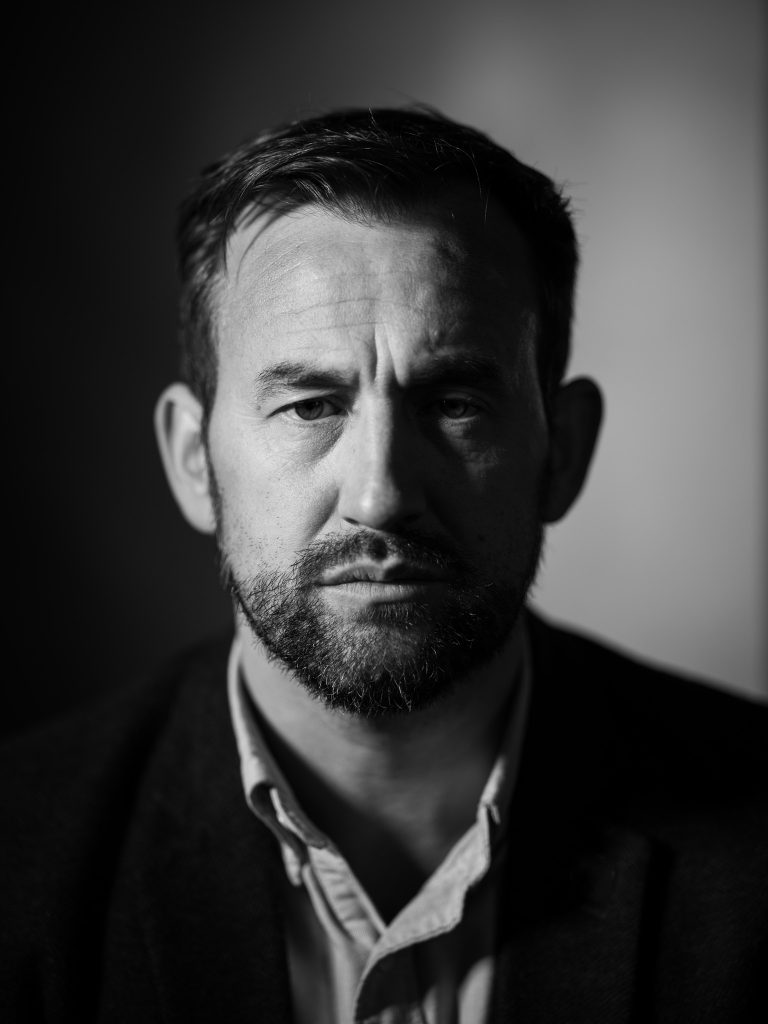
The greatest portraits captured, whether by lens or paintbrush, were always about the story they told, and not just the click of the button or the stroke of the brush.

